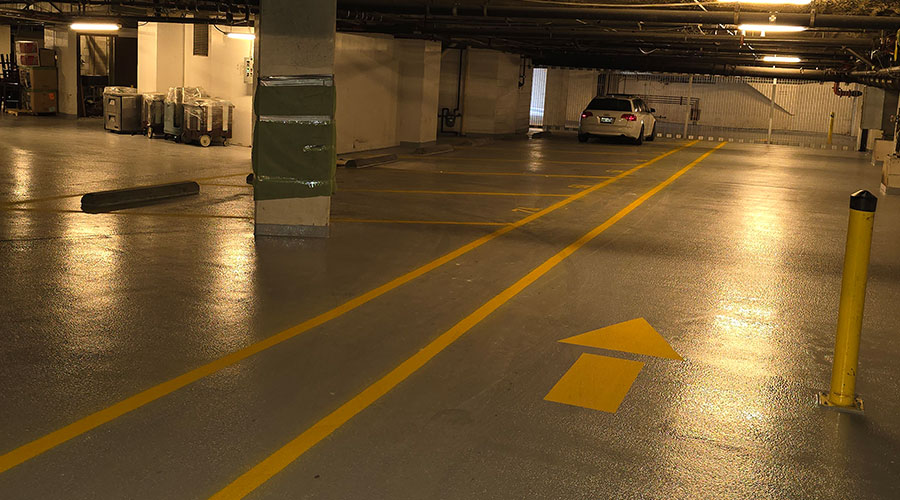Reduced Technician Calls Yield Energy Savings
In addition to time freed up by the 50 percent decrease in technician calls, the department’s strategy has yielded another important benefit, Savje says: actual energy savings in 2013 of $150,000.
“In addition, we received about $105,000 in rebates, resulting from the standard operating procedures we’re doing now and preventive maintenance, such as cleaning coils,” Savje says. “We take readings prior to and then after cleaning the coils. So we’re getting rebate checks for that. Again, we’re doing retrocommissioning with in-house personnel that we’re able to submit to (the local utility) to get rebates based on the health of our buildings and building control systems.”
The next phase of the department’s transformation seeks to build on its successes to date. One priority is seeing if the revamping of technician activities can translate to other areas.
“We’re looking to extend preventive maintenance beyond HVAC to the other services we provide — our electrical shops, plumbing shops, carpentry shops,” Savje says. “How can we better serve the customers through preventive maintenance? These principles we’re applying to HVAC, how do they spill over to other shops?”
Another tactic involves rethinking the way the department provides training for its technicians.
“The other thing to come out of this is to cross-train our technicians between the shops,” Savje says. “How can we use the plumbers in the HVAC department? How can they cross over to pumps and gas-fired furnaces, for example? Painting and flooring in the carpentry shop — they cross over quite a bit. We have an electronics shop that takes care of our video cameras, fire alarms, security systems, low-voltage wiring, and there is no reason we can’t cross-train our electrical department.”
Related Topics:














